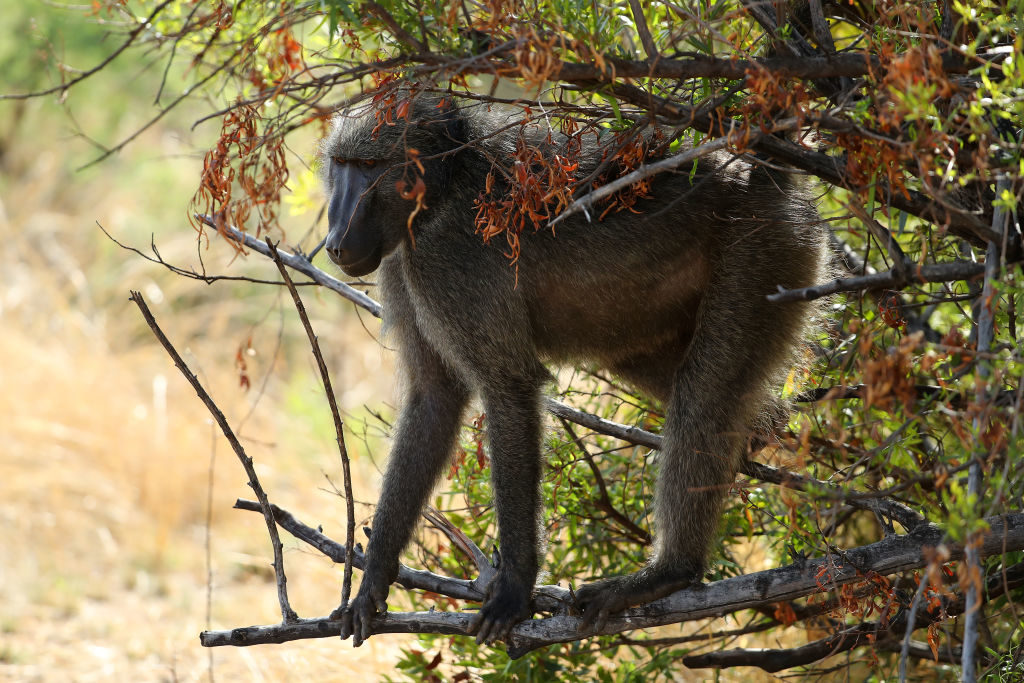Art World
PETA Successfully Lobbies Photo Agencies to Stop Offering Images of Animals in Unnatural Poses
Say goodbye to photos of monkeys in suits.

Say goodbye to photos of monkeys in suits.

Henri Neuendorf

Stock photos of chimpanzees playing the trumpet could soon be a thing of the past.
Five major photo agencies have agreed to no longer accept or offer images of animals outside of their natural habitat or zoos. After years of lobbying, the animal rights advocacy group PETA convinced Alamy, Dreamstime, Pond5, Shutterstock, and Getty Images to take “unnatural” stock images of animals out of circulation, according to Adweek.
Julia Gallucci, a primatologist and PETA’s senior corporate liaison, told the advertising trade magazine that the stock image providers will no longer offer photos of animals “taken in studios… or settings in which the animal is there for the purpose of having their photo taken.”
Dreamstime CEO Serban Enache said it didn’t take much convincing for him to implement PETA’s suggested changes. “There are plenty of images of animals behaving normally in natural settings that humans can empathize with,” he told the magazine.
The agreement is being hailed as a major victory by animal rights campaigners, who have long argued that anthropomorphism in the media has severely damaged both animals and conservation efforts. For example, citing a joint study between the Lincoln Park Zoo in Chicago and Harvard University, Gallucci said researchers found a correlation between inaccurate portrayals of animals in the media and increased demand to keep wild animals as pets—often by people who aren’t qualified to properly care for them.
“The changes the stock image industry is making means we will see a reduction of exploitative images of primates in ads and other media, and it will have a positive impact on primates, on both the individual and species level,” Gallucci said.
The move comes five years after PETA successfully lobbied major advertising agencies—including BBDO, DDB, Grey, Leo Burnett, McCann, YR, and others—to adopt similar guidelines, pledging to refrain from using images of animals in advertising.